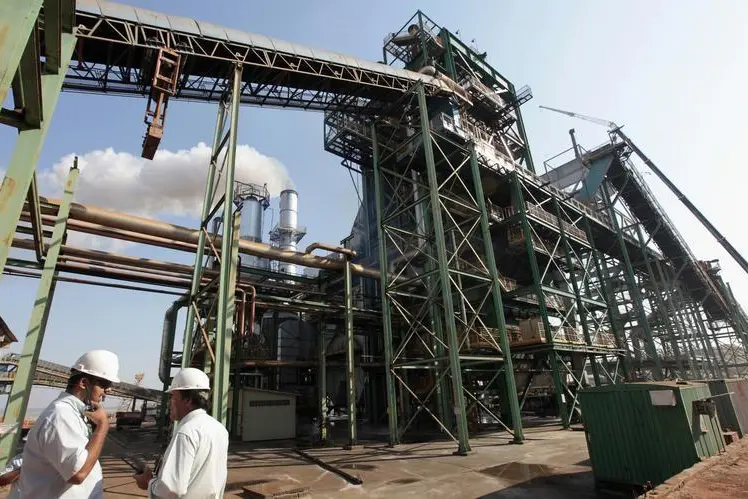PHOTO
Brazil's consumer prices rose slightly less than expected in the mid-April reading, data from statistics agency IBGE showed on Friday.
Prices in Latin America's largest economy rose 0.21% in the month to mid-March, below the 0.29% growth expected by economists polled by Reuters.
This took the inflation of the previous 12 months to 3.77%, slowing down from 4.14% in the 12 months to mid-March and also below expectations of a 3.86% increase.
The group comprised of food and beverage reported the greatest price hike in the period, growing 0.61%, which accounted for 0.13 percentage points of the total increase.
The transportation group, on the other hand, was the only one to report disinflation, as airfare prices fell 12.2%.
(Reporting by Peter Frontini; Editing by Steven Grattan)





















